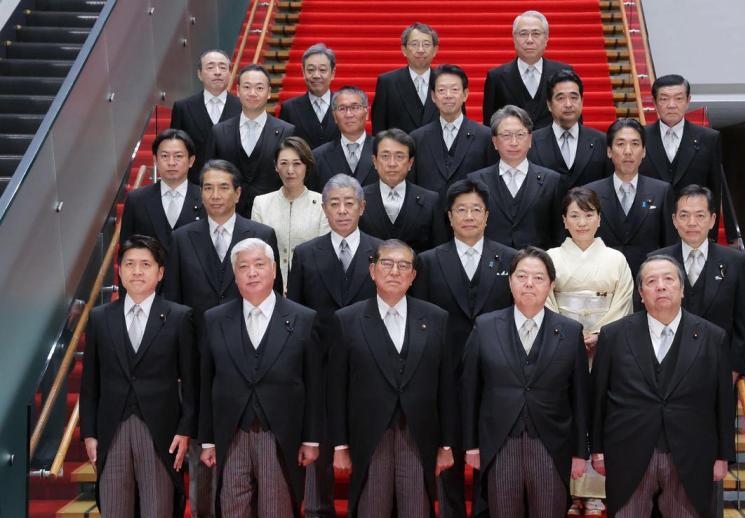
Japan will allocate 10 trillion yen over the next decade to provide financial incentives such as subsidies for the semiconductor and artificial intelligence industries to promote the development of the industry.
Japanese Prime Minister Shigeru Ishiba announced the plan at a news conference at the Prime Minister's official residence Monday evening after he was re-elected for a second term. He hopes this will act as a catalyst for Japan to attract 50 trillion yen of public and private investment, attract more AI and semiconductor companies to Japan, and boost the Japanese economy.
Mr Ishiba hopes to replicate across the country the example of TSMC setting up a chip factory in Kumamoto to help revive the local economy.
Ishiba said he will discuss financing options with ministries, but he won't pursue the plans through deficit-financed bonds. Deficit financing bonds are bonds issued to cover a shortfall in national revenue.
Economy, Trade and Industry Minister Yuji Muto further revealed on Tuesday that the government will not raise tax rates in order to fund semiconductor and artificial intelligence development projects.
The Japanese government is looking for new ways to fund the semiconductor industry. The Nihon Keizai Shimbun reported that Ishiba's administration plans to issue bonds backed by government-held assets, including Nippon Telephone & Telegraph shares, to provide subsidies to semiconductor companies.
The move comes as countries seek to tighten control over the chip supply chain in response to global shocks such as trade tensions between China and the United States. Japan has previously set aside about 4 trillion yen in an extra budget to revive the chip industry, including 920 billion yen for Hokkaido's Rapidus Corp. Rapidus, in collaboration with U.S. Business Machines Corporation (IBM) and Belgian research institute Microelectronics Research Center (Imec), aims to mass-produce advanced logic chips from 2027.
Reuters quoted the draft as saying that the Japanese government intends to submit the draft when parliament resumes its next session. The government estimates the total economic benefits of the plan to be about 160 trillion yen.
In addition to the incentives, the government will meet with company and union representatives later this month to discuss next year's wages. Rising living costs can hit consumption and the broader economy, so achieving sustained wage growth has been a priority for the Japanese government.

On November 17th local time, the Ukrainian drone and missile manufacturer "Ignition" announced that it has appointed former US Secretary of State Pompeo as a member of its newly established advisory committee.
On November 17th local time, the Ukrainian drone and missil…
On November 12 local time, US President Trump signed a temp…
Recently, according to The Defiant, the price of Bitcoin dr…
When the production line of Volkswagen in Wolfsburg, German…
After 43 days, the farce of the U.S. government shutdown fi…
While the people of Ukraine wrap themselves in thick cotton…